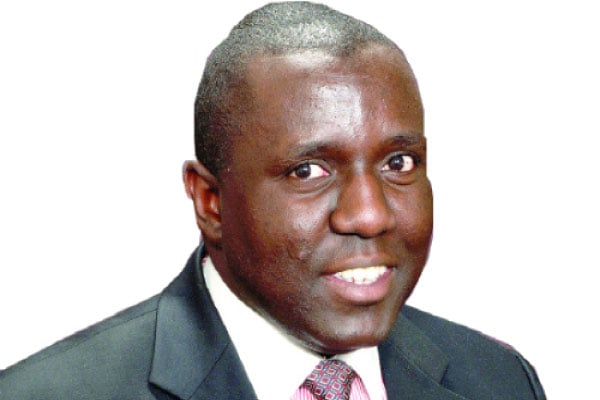Prime
State-of-the-Nation Address reopens coffee debate

Author: Mr Karoli Ssemogerere is an Attorney-at-Law and an Advocate.
On Tuesday, the President delivered the State-of-the-Nation address, discussing his first policy setback in the last session, the stalling of the Vinci coffee agreement.
The Vinci coffee concession, mostly a packaged sweetheart agreement, was negotiated years ago and only brought to light recently. Fly on the wall opines leaking its details may have been some form of payback. The President was quite straightforward in the relative casualness in the engagement.
He thought Ms Enrica Pinetti would be good for the coffee sector since she had good contacts. His primary business with Ms Pinetti was in hospitals- the International Hospital in Lubowa, a $300 million investment that has stalled for the past three years.
The 10th Parliament was infamously stopped at the gates of the construction site for lack of clearance. The current Parliament made a site visit and a number of observations although they found themselves impotent to back out of the agreement which would have carried significant financial penalties as government had already underwritten loan guarantees with promissory notes now due.
It is true, Uganda has a big robusta problem. Uganda’s coffee sub-sector has recovered but is in the middle of several challenges. The uneven weather cycles associated with climate change have exposed coffee, a perennial crop, to the boom and bust cycles associated with annual crops. In 2020, heavy rains were recorded nationwide, causing a lot of flooding and anxiety. At the time it was predicted that this heavy rain phenomenon last witnessed in 1962 would last for five years.
The coffee subsector went into overdrive planting new coffee in 2020-2021. In 2021, the story was mixed, rain patterns in the savannah belt did well while rains in the lakeshore regions performed poorly. A lot of planting material was wasted especially the vegetative cuttings the coffee sector has been promoting due to higher productivity than the unpredictable elite strains developed initially as a reaction to the deadly coffee wilt disease that ravaged coffee shambas in the central region 20 years ago. Elite has also performed poorly due to adulterated planting materials distributed by unscrupulous nursery operators mixing treated seed with kibooko (hulled coffee).
In 2022, the rains have returned to the lakeshore region but many parts of the country are only reporting sporadic showers. Even the lakeshore region recorded a delay in the onset of rains. Mitigation measures, irrigation, construction of valley dams can provide relief but only temporarily. The water storage capacity of many soils is limited by poor soil structure. Only recently has the coffee sector began promoting investment in bio-char materials to improve soil structure.
The coffee debate has come at a time of worldwide recovery in coffee prices which were in a near free-fall from 2016 to 2020. Coffee farmers are seeing prices they have never seen before in a lifetime. The coffee exports have trebled from $260 million in 2010 to $780 million in 2021. It is mostly unadvisable to make long term decisions based on a “blip” in the market that may change once Brazil and Vietnam recovers.
The answer to the robusta problem is more investment in domestic processing and negotiated access for processed coffee in Western markets. Uganda must aggressively also offer spot investment in coffee entities in jurisdictions unlikely to allow processed coffee in their markets.
In international trade, retaliatory practices are the norm. Three years ago, the Minister of Finance slapped 150 percent duties on imported soluble coffee to support the domestic market. The Germans have an equivalent 220 percent tariff on imported processed coffee.
One additional word of wisdom, UCDA’s promotional coffee budget is limited to tasks. Market penetration is dependent on a substantial advertising budget. The President is familiar with this process as the government in the past has paid image consultants to burnish its international image.
Lastly, it is useful to look at how tactfully Ghana and Ivory Coast have handled the change of venue of processing cocoa from Europe to Africa. They have blended diaspora, local talent and local cooperatives mixed with foreign partnerships to achieve this. The cardinal mistake the Pinetti transaction entails is putting all your golden eggs in one basket. While Italy is a big consumer and market, so is the rest of Europe, America and China. Therein lies the flaw.
Mr Ssemogerere is an Attorney-At-Law and an Advocate.




